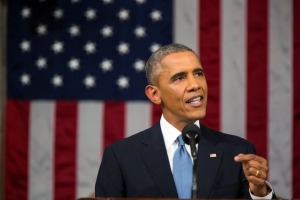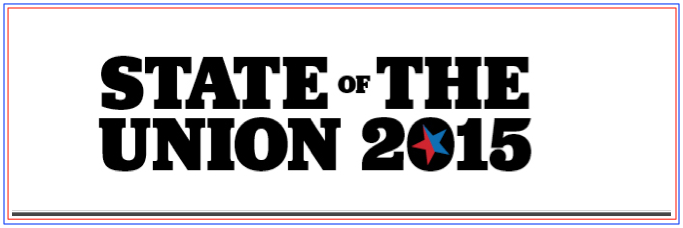 It’s been a month now since the President’s 2015 State of the Union address. In the days since, I’ve been considering the speech from the standpoint of an independent business owner – and I can’t say that I’m comforted.
It’s been a month now since the President’s 2015 State of the Union address. In the days since, I’ve been considering the speech from the standpoint of an independent business owner – and I can’t say that I’m comforted.
Perhaps the most alarming take-away from this year’s “SOTU” was President Obama’s mention of changes to the tax code. The President’s speech couched these changes under the guise that raising taxes on capital gains and eliminating breaks for the wealthy will finance middle class education, family, and retirement benefits: “As Americans, we don’t mind paying our fair share of taxes, as long as everybody else does, too. But for far too long, lobbyists have rigged the tax code with loopholes that let some corporations pay nothing while others pay full freight. They’ve riddled it with giveaways the superrich don’t need, denying a break to middle class families who do… Let’s close the loopholes that lead to inequality by allowing the top 1% to avoid paying taxes on their accumulated wealth. We can use that money to help more families pay for childcare and send their kids to college.”

